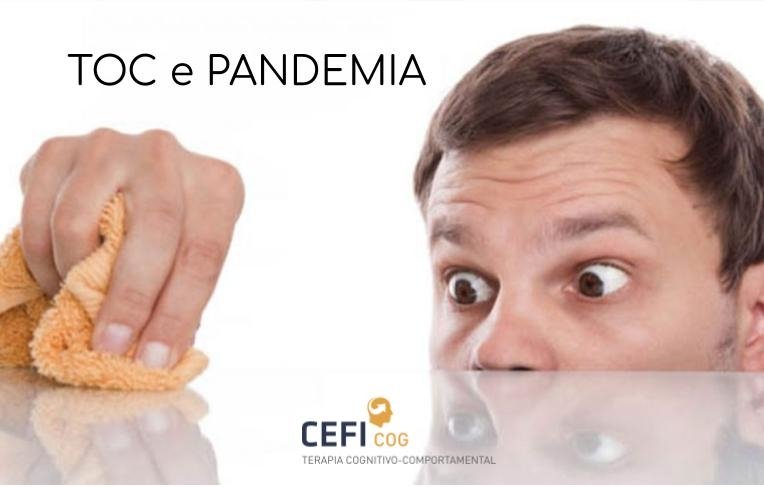OCD and PANDEMIC

TOC and PANDEMIA
The mental health of the population is a public health concern. Studies show an increase in the prevalence of anxiety disorders, post-traumatic stress disorder and, essentially, obsessive-compulsive disorder (OCD) in this period of Pandemic.
OCD is a psychiatric disorder whose main characteristic is the presence of obsessions (recurring and persistent thoughts or images that are experienced as intrusive and unwanted) and compulsions (ritualized behaviors that serve to alleviate the discomfort of thoughts). Those affected by OCD are experiencing a moment of suffering and exacerbation of symptoms. Social isolation and hygiene recommendations can reinforce patients' obsessive behaviors, especially those rituals involving washing and decontamination and the fear of contracting the disease.
Cognitive-behavioral therapy, as the first effective therapeutic approach to the disorder, has always worked with strategies to face these patients' fears and anxiety. During the pandemic and with all the risks involved in spreading the disease, the recommendation is that everyone follow the guidelines of the World Health Organization with regard to hygiene care. Those with OCD should follow these recommendations, avoiding performing rituals that go beyond this necessary care. It is essential to maintain the treatment and pay attention to signs of intensification of symptoms and damage in this period of crisis.
If you or someone you know has this disorder and is in distress, look for a health professional!

